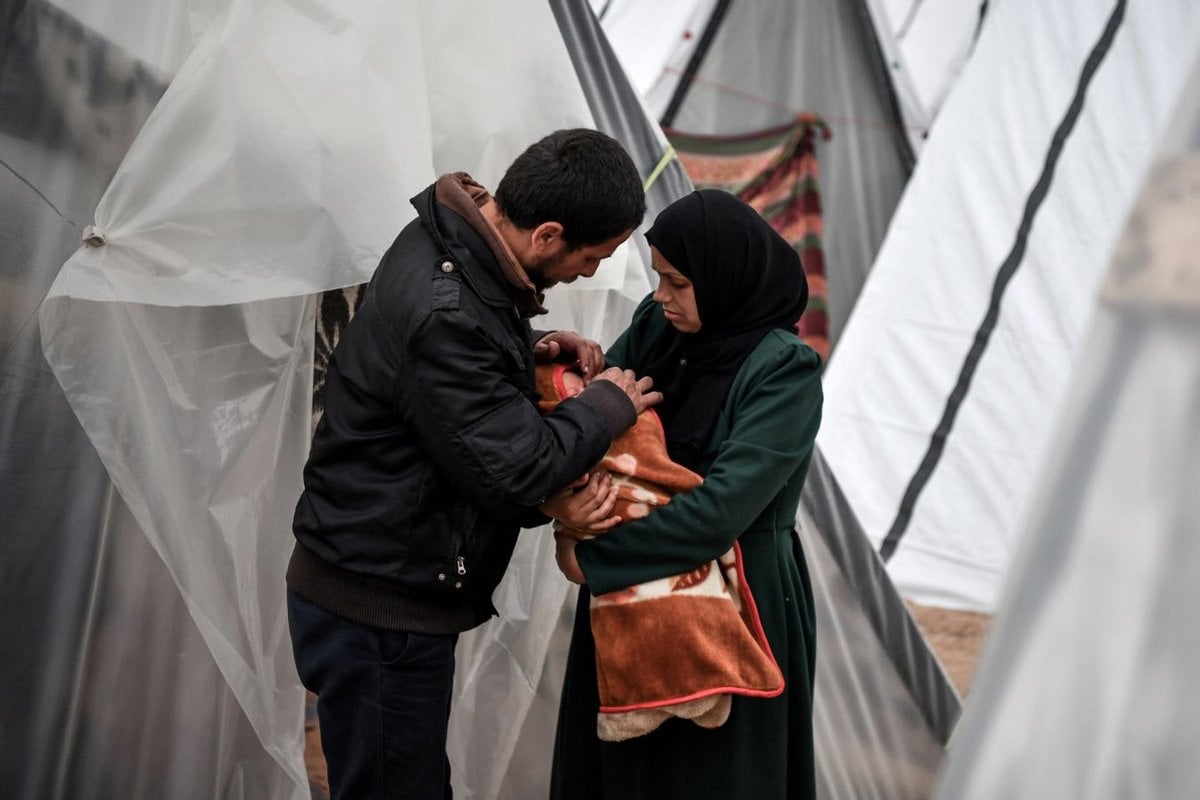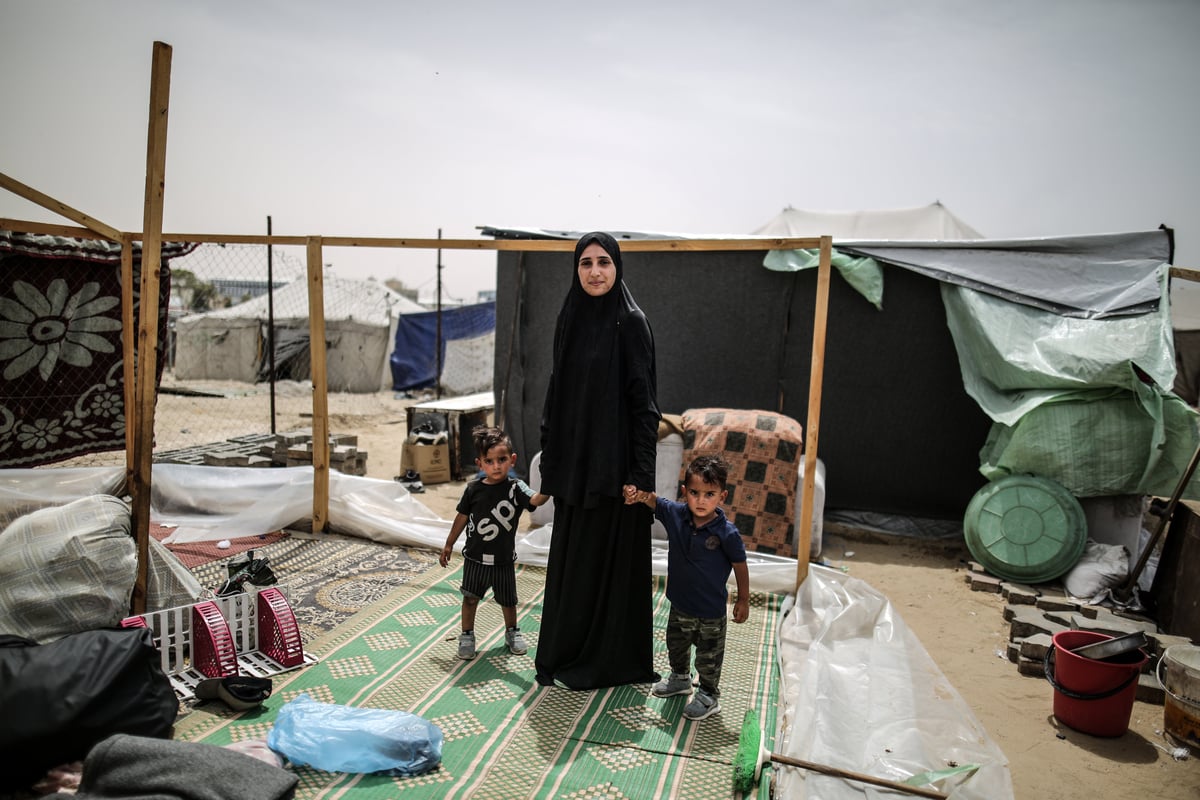
There is only one functioning maternity hospital left in the Gaza strip.
The Al Halal Al Emirati Maternity Hospital is situated in Rafah, which has in recent months become Palestinians last refuge from the Israeli offensive. More than half of Gaza's 2.3 million residents have been sheltering there making it twice as densely populated as New York City.
Israel, who are trying to recover 132 hostages being held in Gaza after being kidnapped on October 7, says Hamas militants are hiding there. They've started to invade the area in the past week, forcing thousands of displaced families to once again flee.
Watch: Healthcare workers continue to provide care, with skeleton crews and dwindling supplies.
As Reuters reported, Emirati had been handling some 85 out of a daily total of 180 births in Gaza before the escalation of fighting on Rafah's outskirts. But the hospital is overwhelmed, understaffed, under-resourced and operating in increasingly unsanitary conditions.
On May 8 they announced they can no longer take in any new patients after Israel's closure of the Rafah border crossing, which is preventing the delivery of humanitarian and medical aid.


